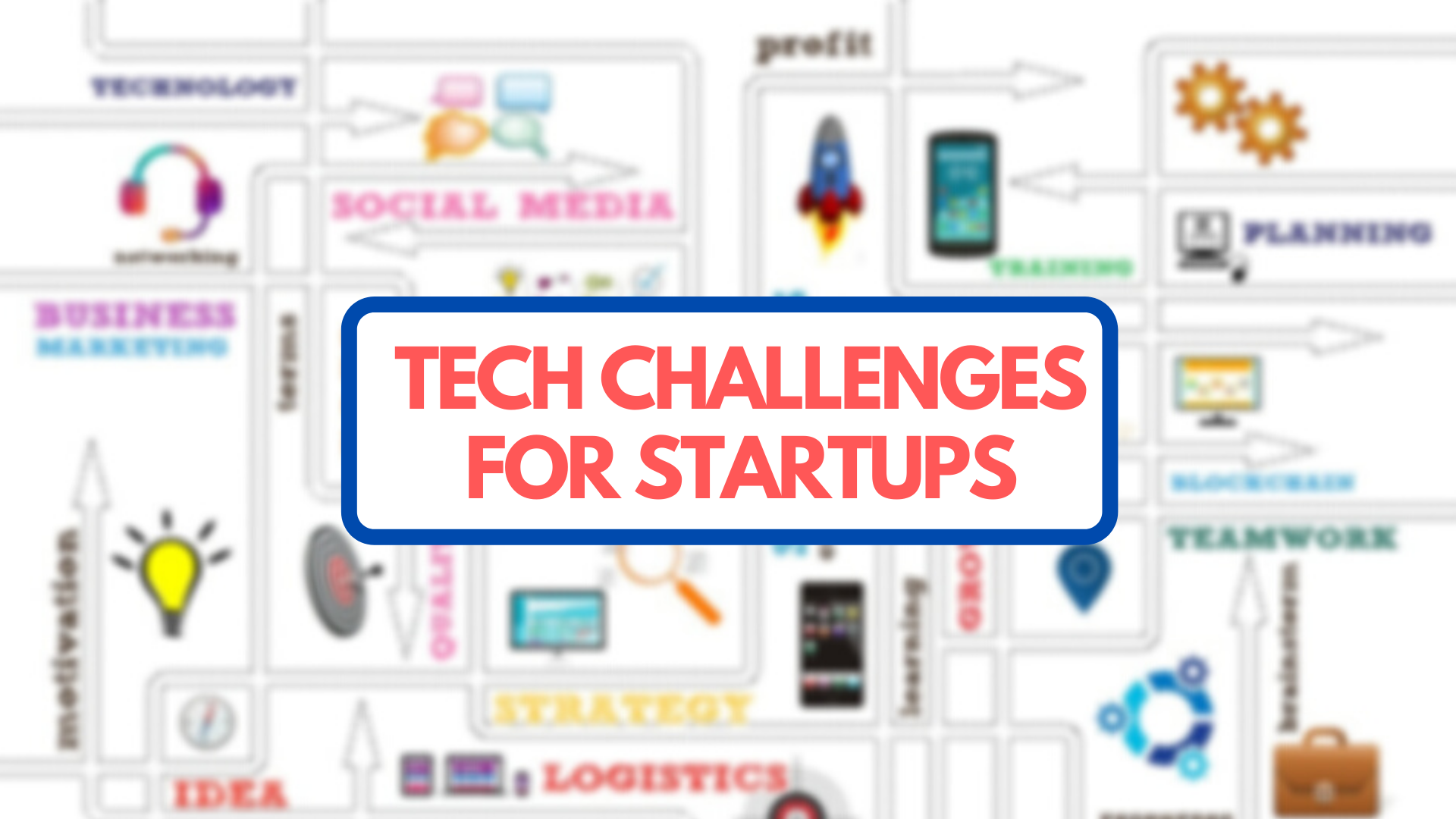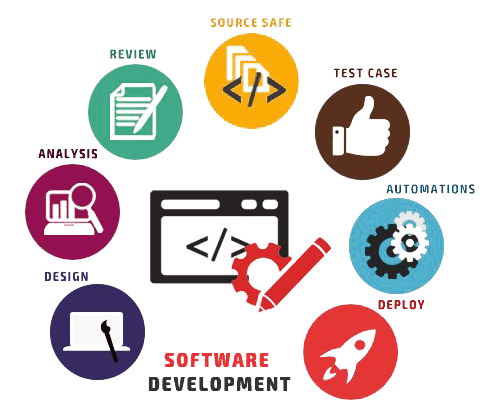
Starting a new company has its own set of challenges and benefits. On one hand, you get to be your boss and make a contribution to society. On the other hand, you’re down with a lot of how to’s and where to’s. When the world is revolving around technology, it becomes difficult to choose the right one for your company. In this blog, we’re going to discuss some of the key technical challenges faced by startups. In the end, we’ll help you with an all-in-one solution to all these challenges.
Here’s a list of the technical challenges that you’ll be reading about
-
Choosing the right set of software
-
Choosing a scalable technology
-
Building the right digital solution
-
Choosing between proprietary and open-source
Choosing the right set of Softwares

It’s imperative that you choose the right set of software and tools that help you manage your company. Initially, a startup might not have a considerable number of employees. With that in mind, you would look for temporary solutions, but, it’s essential that you pick long term solutions for each of your departments. Why? Because when you launch your product or service, you would want to focus entirely on the growth of the company, rather than worrying about internal management problems.
Temporary solutions do the work initially and are cheaper. But once your company starts gaining exposure and the number of employees increase, it would become tough to move to new software. Your employees would need more time to adapt to the latest software. So, it is advised that you think long-term right from the beginning.
Decision making is an essential aspect of any business. Startups, however, are overwhelmed with the number of options available in the market, and it often gets tough to choose the right ones. A general rule is to get some productivity and management boosting tools like communication software, logistics tracker (if needed), DBMS, accounting software, project management software, progress trackers, etc. That’s okay, but there are hundreds of such tools available in the market, which one should you choose? You’ll find the answer to this question at the end of this blog.
Choosing a scalable technology

According to us, choosing a scalable technology is one of the biggest technical challenges that startups face. As we said above, a startup is bound to grow, and to ensure smooth growth, it’s crucial to choose scalable technologies. Out of all the key sectors in the world, IT is the most dynamic one where you’ll get ten different options to get the same work done. Even after these many options, startups find themselves in a state of confusion when choosing the right technology to build their product. The reason for the confusion is that you want a technology that is easily accessible, easily manageable, and, most importantly, scalable.
It’s not just about the product that you’ll be offering to the customer, the technology you use within your premises has to be scalable too. But why is scalability a big issue?
With time, you will be generating more traffic on your digital platform, or maybe you’ll have a big database of information. To be able to manage all this, you might need to upgrade from the tech you used initially. You might need to scale the technology for a more extensive client base. But, if you choose a technology that doesn’t offer the option to expand or resize, then you would have to migrate to a different technology. This will have a negative time and cost impact on the company.
Building the right digital solution using the right technology

Some people might not consider this as a challenge. The truth, however, is that startups spend a decent amount of time in figuring out the right digital solution for their brand. By digital solution, we mean the virtual presence of the company. Whether it’s a website, android app or an ios app.
It’s an unpopular opinion, but you need not have a presence over each and every digital platform. For example, a startup may not necessarily be selling a service, so building an app could be a miscalculated financial decision. Similarly, a gaming startup or a service-based startup would not need a full-fledged website.
Choosing between proprietary and open-source

One of the toughest tasks at the hands of startup owners is to choose between the type of software. Open-source software is generally more preferred over its counterparts. The reason is that it can be easily modified, it’s constantly evolving, highly scalable and most of all FREE. However, proprietary versus open source is a never-ending debate. While most of the dev community prefers open-source, some key factors that confuse startup owners in making the final decision.
For starters, your company is your precious treasure and you would want to avoid any digital attack headed towards it. Since open-source software has no ownership, the resolution of any bug or error is mostly dependent on help from other coders. So, it’s possible that one of those solutions has been created with malicious intent. Another thing that brings second thoughts when opting open-source software is that most such tools do not have a user-friendly interface and you have to be a hardcore coder to understand things.
There’s an additional challenge that startups face and that is Cybersecurity. If you want to know more about it, read our blog on Why cybersecurity is a challenge for startups here.
How can startups combat this threat? What are the solutions to all the challenges mentioned in this blog?
We, at Essence, offer “Startup Consulting,” dedicated service to help startups combat these technical challenges. We’ll help you choose the right technology, the right software, the right digital solutions, and even the right set of tools that will ensure cybersecurity.
We believe that with a little help and guidance, startups can focus more on their growth rather than focusing on solutions to these challenges. We love startups, and our team of experts ensures that your company makes the right technical decisions that lead to exponential growth. With our startup consulting service, we’ll not just direct you towards the correct technological path, we’ll also tell you why that path would be perfect and how it would help your startup in the future.
Why don’t we discuss further over a cup of coffee?










